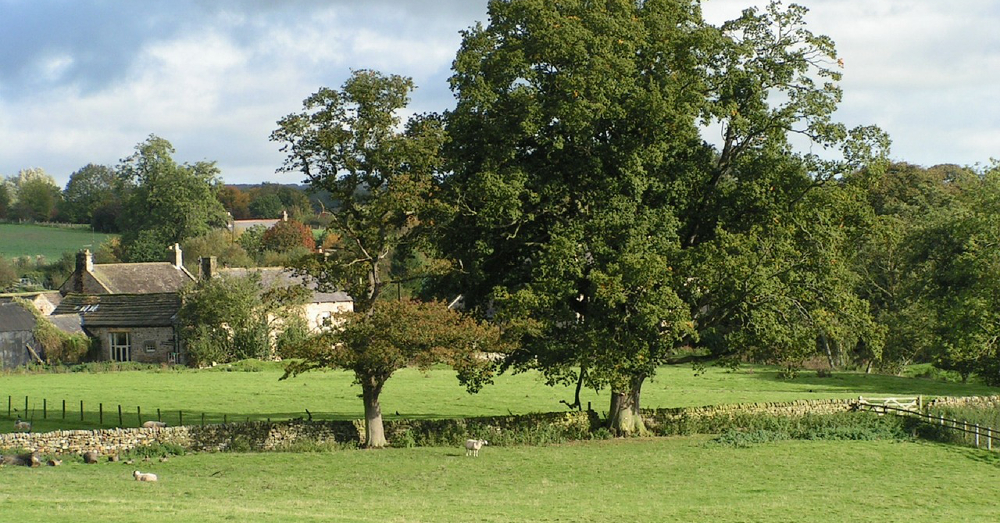
Complaints Surge About Weed Killer Dicamba’s Damage to Oak Trees
As soybean and cotton farmers across the Midwest and South continue to see their crops ravaged from the weed killer dicamba, new complaints have pointed to the herbicide as a factor in widespread damage to oak trees.
Monsanto and BASF, two of agriculture’s largest seed and pesticide providers, released versions of the dicamba this growing season. The new versions came several months after Monsanto released its latest cotton and soybean seeds genetically engineered to resist dicamba in 2016.
October 9, 2017 | Source: Investigate Midwest | by Johnathan Hettinger
As soybean and cotton farmers across the Midwest and South continue to see their crops ravaged from the weed killer dicamba, new complaints have pointed to the herbicide as a factor in widespread damage to oak trees.
Monsanto and BASF, two of agriculture’s largest seed and pesticide providers, released versions of the dicamba this growing season. The new versions came several months after Monsanto released its latest cotton and soybean seeds genetically engineered to resist dicamba in 2016.
Since then, farmers across the Midwest and South have blamed drift from dicamba for ruining millions of acres of soybeans and cotton produced by older versions of seeds.
Now, complaints have emerged that the misuse of dicamba may be responsible for damage to oak trees in Iowa, Illinois and Tennessee.
• In Iowa, the Department of Natural Resources has received more than 1,000 complaints about oak tree damage from unknown pesticides, some of which cited dicamba as a cause.
• In Illinois, retired biologist Lou Nelms who was a researcher at the University of Illinois, has documented damage to oak trees across the state from dicamba and filed numerous complaints with Illinois Department of Agriculture.
• In Tennessee, the Department of Agriculture investigated and confirmed complaints that dicamba had damaged oak trees at the state’s largest natural lake.
“I’ve seen (pre-planting damage) year after year after year,” Nelms said of dicamba’s effect. “I’ve been seeing these signs for 40 years. To me, it’s just obvious.”
When reached for comment, Monsanto spokeswoman Charla Lord requested more time to respond.
But Monsanto officials have said publicly that crop damage is caused by misapplication of dicamba or the sale of the herbicide under other labels.
BASF spokeswoman Odessa Hines said the company is aware of issues with oak trees and encourages growers to contact the company with any concerns.
“We don’t believe volatility is a driving factor based on past research and experience. For Engenia herbicide to receive registration from federal and state authorities, including authorities in Illinois, we conducted and submitted results from a wide range of studies needed to fulfill regulatory requirements,” Hines said.
